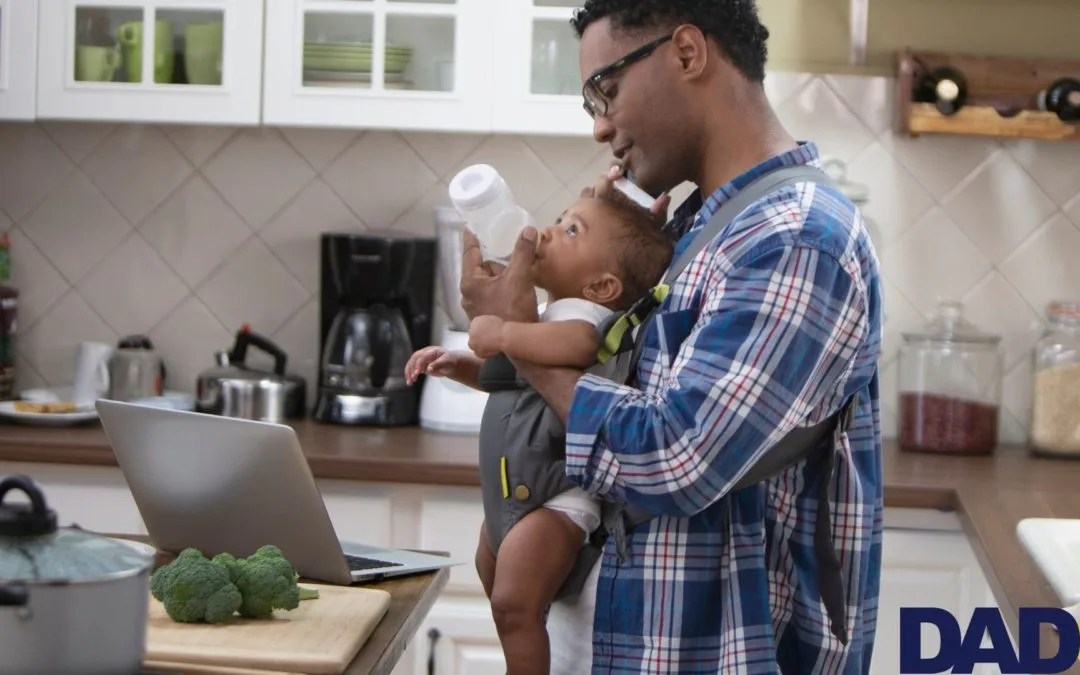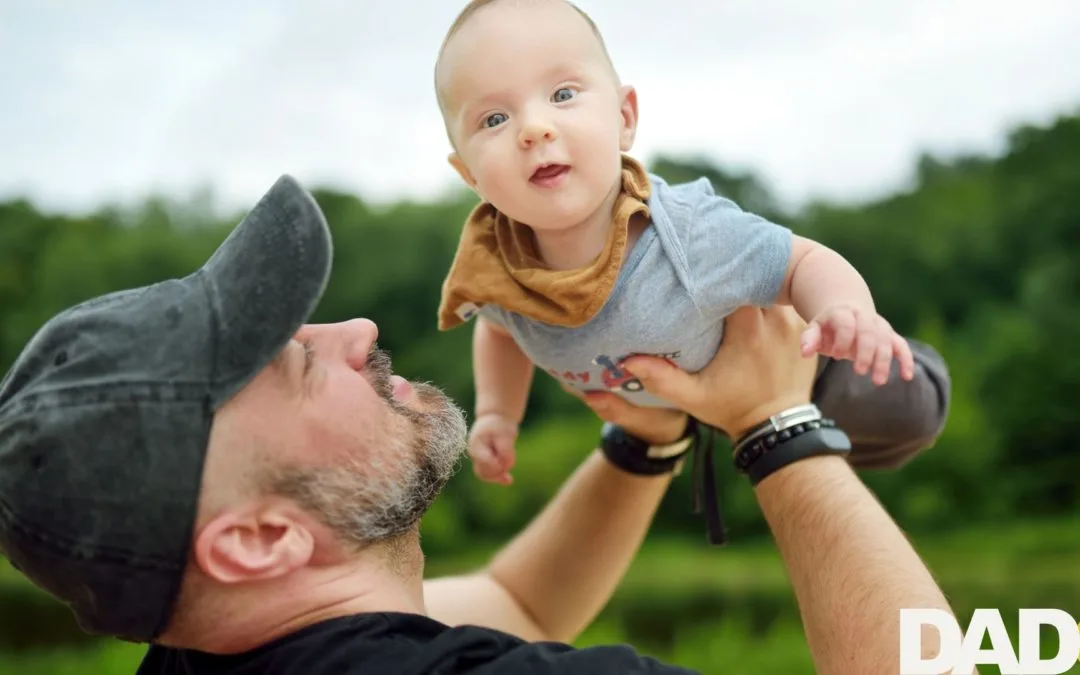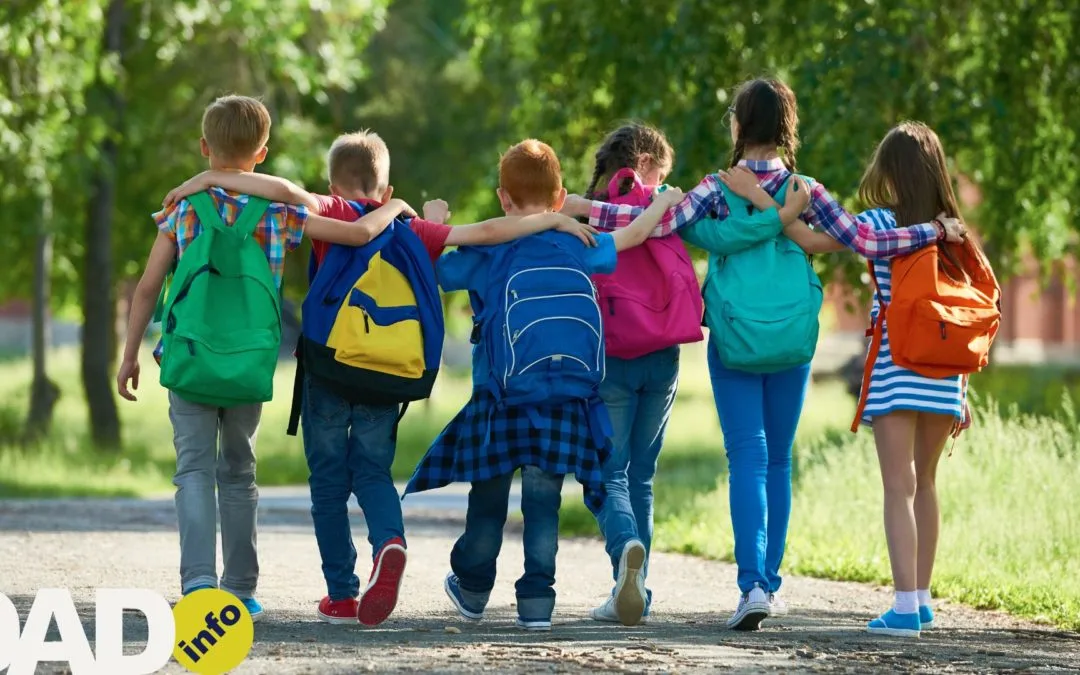If the time comes for you and your partner to separate, it is a difficult situation already, but if you have children too, then this does take it to another level. However, it is important to make sure your children have some understanding of what is happening, and so, giving some time to think about how you can prepare them for the changes, is the first step in making this difficult situation run as smoothly as possible
Do we have to tell our children we are separating?
Well, the answer is no, you don’t have to. Some parents, especially those with young children, choose not to. However, not telling them, is not something that any expert would recommend. Even for very young children, waking up to find a parent has permanently moved out of the home, can be an incredibly traumatic experience which can stay with them into their adult lives, and even affect their own future relationships.
A child’s parents splitting up is a traumatic event already, and one in which emotional support is really important. Trying to pretend nothing is happening, is not the way to give a child the kind of support they need and deserve.
When is the right time to tell them?
There will probably never feel like a ‘right time’ and it will be a conversation which you are likely to dread. On a practical level, just make sure it is not at a time when you are likely to be interrupted or need to rush out somewhere. They may be upset, have questions, etc – and it is important that they have a safe space to be able to work through all this with you.
Whenever you choose to do it, do it shortly before one of you is due to move out of the family home. This is important, on several fronts:
- It means you are both still around for a while for them to come and ask questions, talk to, etc.
- It means that they get to feel part of the process of change, rather than feel it has already all taken place and happened with no knowledge
- It gives them a bit of time to process the idea before it happens
However, while you want to give them a bit of time and notice before one of you moves out, don’t tell them months before it will happen – as they may begin to build their hopes that it is not going to happen, and that you are reconciling, which can cause a whole new wave of grief and pain for them. It is normal for children of separated parents to have secret hopes for reconciliation, and it is important to make sure that you are not encouraging false hopes, as this would be like going through the same loss and grief, over and over again.
How to tell them
Ideally, you will both tell them together, so that they can see that you are both in agreement about what is being said, and ensure that there is no space for them to think that maybe it’s a misunderstanding. It also helps show that although you will not be together any more, you will both always be there for them, just separately.
It may not be possible to talk to your child/ren together, in which case one of you will be responsible for breaking the news first.
Whether you tell them together, or separately, it is a good idea to agree in advance what you are going to say. This way, you can both make sure you stick to the same points when each of you does talk to them – this is really important to try and prevent causing them any potential confusion or misunderstandings.
Having thought through what you will say is also important in helping you feel more confident about doing it. It is never likely to be easy, but some preparation can make as big difference.
What to say?
There are some key things, which amongst anything else you decide they need to know, are really important to consider:
- They need to know what to expect – what will the changes be? What will stay the same? You won’t know all the answers yet, so just talk through any immediate ones, and reassure them that you will work out the others together as you all go along.
- They will need reassurance that they will still get time with the parent who is moving out.
- They will need time to ask questions and express how they feel. They may be too overwhelmed when you first talk to them, so give plenty of opportunities for these to come later. This first conversation is likely to be the first of many, to help them come to terms and process it.
- Make sure you both tell them that you love them. Say it clearly and simply. Say it more than once. They need to hear this more than ever at this moment.
- Tell them it is not their fault. This is really important, as it is very common for children to blame themselves for the separation – believing it was due to their bad behaviour, or causing strain, or even splitting the love of their parents. You will need to reassure them that it is nothing to do with them, and repeat this.
- Don’t go into too much detail about why you are separating. This is not the appropriate time for anger or blame. Find out more about why this matters over at How do I support my children to still thrive despite our separation?
Should children make any choices?
While it might seem like a good idea to get children involved in some of the choices relating to the separation, like where to live, it is not always positive for them to do so. It can lead to them feeling like they are having to choose between parents, which is a very difficult situation indeed to put them in.
This doesn’t mean that you cannot ask them how they feel about things, or make sure to take their preferences into account – but be cautious of allowing them to feel the pressure and responsibility of making big decisions at such a turbulent time.
Remember
Children may not be able to take in all the information and news of your separation at once. You are likely to need to talk to them about it several times over, which may be painful for you, but will be important for them. Keeping the dialogue open and being available to talk to them about their questions and feelings is an important part of them processing it all and coming to terms with it.







